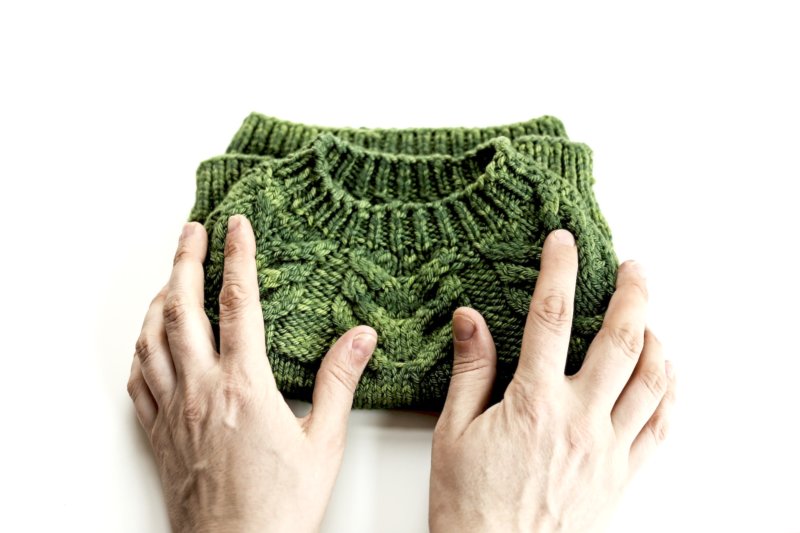Many people struggle with fatigue, cognitive impairment, memory loss, dementia, metabolic syndrome… and Dr Steven Masley’s message is that it doesn’t have to be this way. In his book The Better Brain Solution offers tips for a healthy brain.
Based on Dr Steven Masley’s research and clinical work, this book shares the tools he’s developed for his own patients. His belief, borne out by his peer-reviewed studies, is that memory loss and type 2 diabetes are not forgone conclusions. His is a powerful reminder to question ideas about aging.
Dr Steven Masley, known for his work in heart health, is the author of The 30-Day Heart Tune-Up and is both a physician and a nutritionist. His book is a comprehensive look at the many ways we can improve cognitive function and overall brain health.
Here, we focus on the high- and low-tech tips for a healthy brain that are helpful to everyone. The key message is to keep learning. By learning something new, we continue to lay down new neuropathways, thus increasing our cognitive reserve.
Tips for A Healthier Brain
High-Tech Learning
Research shows that brain training can improve our IQ. Dr Masley shares the research of Dr Susanne Jaeggi and Dr Martin Buschkuehl. Pioneers in this field, they have shown that playing challenging computer games for thirty minutes four or five days a week does improve cognitive function.
Some of you may have heard of Luminosity. I was a member until recently. I felt that the stress and the slight addiction from playing the cappuccino game was probably offsetting any gains. You may know this one – working the coffee machine to fulfill each order, watching so not to run out of time or to spill a cup and thus lose the drink! Not breaking high scores was frustrating, and a learning moment. I have to admit that these were opportunities to practice equanimity, self-acceptance, and enjoyment without reward.
(It turns out, according to Dr Masley, the Federal Trade Commission actually fined Luminosity $2 million for deceptive marketing practices!)
Luminosity is only one of many brain training programs. Even the US government is in on this, with millions of dollars dedicated to improving cognitive function of the armed forces’ elite.
So while brain training programs do work, the key is that it is only effective when the brain is challenged. So move up those levels!
Low-Tech Learning
Just today, at lunch, my brother talked about this older gentleman who spoke perfect and fluent Cantonese. He was white. These days non-Asian people speaking Asian languages is not so uncommon, especially with changing global economics. You may have watched Caucasians speaking on Japanese game shows or debating Chinese policies with Chinese experts. Immigrants after all learn to speak the English, French, German, Italian, etc of their new home country. The point of this is that learning a new language is good for understanding each other better, and it is good for our brain.
In my research on language, curiosity, and childhood learning, I read that various parts of the brain are called into partnership as a child learns to read. This learning is effectively building a “reading brain”. It’s not a native skill.
Another interesting thing I learned – the brain networks differently when speaking Chinese than when speaking English.
☞ Proust and the Squid: The Story and Science of the Reading Brain by Maryanne Wolf
According to Dr Masley, research shows that the onset of Alzheimer’s can be delayed by four to five years in adults from bilingual households and those who learn and become fluent in a second or third language later in life.¹ Five years!
So before we force new immigrants, especially the older folks, to assimilate, we may want to consider the health benefits of speaking multiple languages. Adopting the language of the new home language and continuing to speak their native tongue can help improve the brain health of large demographics. Think of the improved quality of life on so many levels.
Other Low-Tech Healthy Brain Tips
- playing a musical instrument. Dr Masley himself started playing the classical flute in medical school, practicing about half an hour every day and having a lesson once a week. Because he found himself more alert, better to retain information, he would shift studying the hard science to after his practice and lessons.
- playing games and doing puzzles
- doing something crafty – macrame, needlepoint, painting…The book refers to a study that shows those who do these kinds of activities, along with the social aspect, enjoy a reduction in the risk of “mild cognitive impairment” by 50% in their 80s. ²
- exercising regularly. Even a daily 45-minute brisk walk is fantastic for our health.
- increasing your level of oxytocin – hugging, cuddling, playing, and lovemaking
- having a social support network
- having a pet, volunteering at a rescue or reserve – their companionship, grooming, caring for animals

Making Room for Change
The Systemic Question
I ponder over why as populations, we are faced with these metabolic syndromes and lifestyle illnesses. The Standard American Diet, which is enjoyed by not just Americans or in America, plays an important role. Stress is another factor.
On another level, I feel that with heartburn, indigestion, and inflammation, we also have a compromised ability to metabolize the overwhelming information and emotions we face today. It’s the sheer volume and the speed, it’s the emphasis on productivity, and it’s the 24/7 interconnectivity by way of our technology.
We feel pressured not to rest or reset. Rush, rush, rush. We fight our natural circadian rhythms and make sleep a task, or a luxury. We don’t allow our body to feel our emotions. Are we even fully embodied, in our bodies? Or to digest the information coming through all our senses? Not to mention the energetic and unseen frequencies, including wifi, that we are immersed in.
Overburdened, the body’s natural detox pathways become less efficient, an acute modern-day challenge as the number of untested chemicals increases in everyday products and the environment.
I bring this up because in order to make changes we need to believe we need them and we also must create room for them. A common complaint is “there isn’t enough time.” Some people schedule “me-time” and “downtime”, whether it is for a massage, a walk in the park or the woods, or a few minutes of quiet. Maybe that’s something to try?
Even while research continues for Alzheimer’s, we do have an abundance of effective strategies we can implement today. Access to this information is thankfully freely available, such as library books; it’s important to acknowledge that access reflects privilege. While we take steps to remedy our missteps in creating an unhealthy lifestyle and life, we can also recognize the misshapen systems we live within. What are the ways we can restructure the system that perpetuates the pressure for unhealthy living?
Sources
1 The Better Brain Solution by Steven Masley, MD. Alfred A. Knopf, New York. 2018. p230.2 Ibid., p231.




